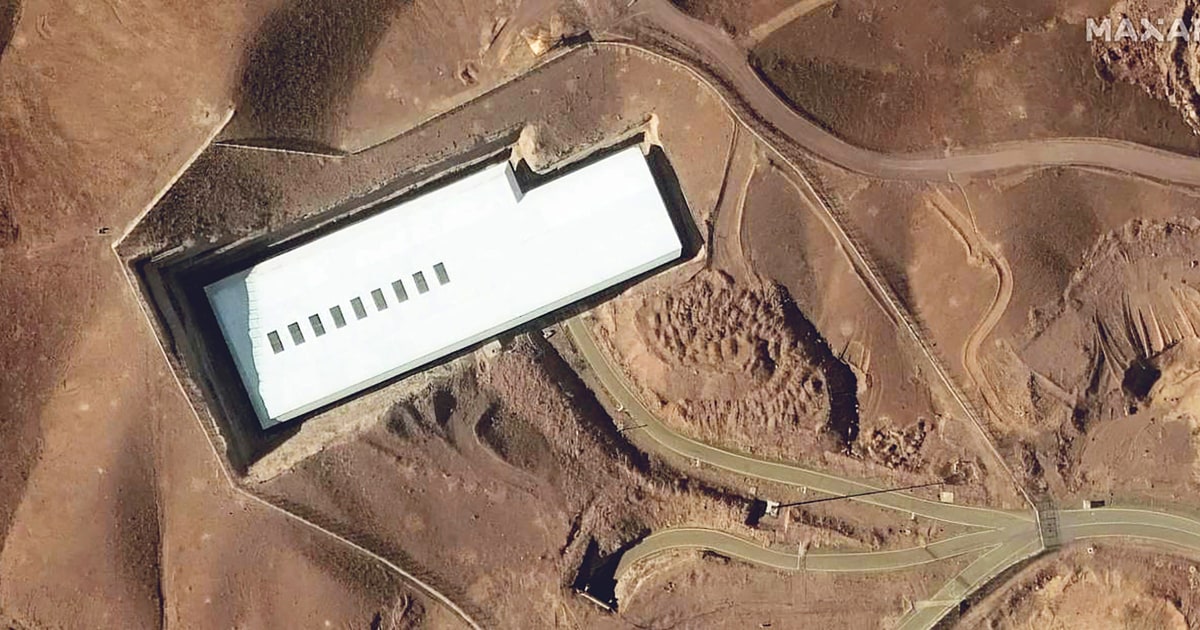Diplomatic Struggles in the Iran-Israel Conflict
In recent weeks, diplomatic efforts aimed at de-escalating the ongoing tension between Iran and Israel have noticeably faltered. Instead of fostering constructive dialogue, the international stage has become a platform for sharp exchanges, peppered with political posturing and empty platitudes. The lack of meaningful progress has left many observers concerned about the potential for further escalation.
Tense UN Security Council Dynamics
In a particularly charged session at the United Nations Security Council, representatives from Iran and Israel engaged in a war of words. With mutual accusations flying, the meeting devolved into a display of hostility rather than a forum for resolution. Both nations reaffirmed their commitment to defend their positions, signaling that any semblance of dialogue might be replaced by an even more aggressive stance.
This kind of rhetoric is playing out against a backdrop of violence and uncertainty, where skirmishes and military actions continue to shape the realities on the ground. The stakes are high, and with each passing day, the chance for a peaceful resolution seems to shrink.
European Diplomats’ Renewed Efforts
Amidst this turbulent environment, European diplomats have been attempting to inject new life into the stalled diplomatic channels. Iranians and European foreign ministers, including France’s Jean-Noël Barrot, Britain’s David Lammy, and Germany’s Johann Wadephul, recently met in Geneva, aiming to thaw relations and create a more conducive atmosphere for negotiations.
While this meeting sparked a glimmer of hope for those advocating diplomacy, it ultimately failed to yield any concrete results. The discussions, while highlighting a desire for peace, did little to address the pressing issues that have led to the current impasse, leaving many wondering if these talks will lead to anything substantial.
The U.S. Role in the Diplomatic Landscape
The role of the United States in the unfolding scenario cannot be underestimated. President Donald Trump has been vocal, asserting that any viable diplomatic solution hinges on U.S. involvement. His comments reflect a broader sentiment that American engagement is a prerequisite for any meaningful breakthroughs.
However, Trump’s remarks have not been devoid of contradictions. While he has suggested a two-week window for negotiations with Iran, he also described the conflict as “very hard to stop.” This ambiguity raises questions about the seriousness of U.S. commitment and its potential to facilitate a lasting resolution.
Distrust and Negotiation Setbacks
Abbas Araghchi, Iran’s chief negotiator, expressed skepticism about the U.S.’s reliability in this complex discussion. He has indicated that Iran is reluctant to trust American commitments, especially while accusations persist regarding U.S. involvement in Israeli military actions against Iran from the outset.
Additionally, Araghchi made it clear that Iran would not consider returning to the negotiating table unless Israeli military operations ceased. This stance illustrates the deep-rooted mistrust that complicates potential diplomatic avenues and highlights the urgency of addressing groundbreaking issues if dialogue is to resume.
The Escalating Situation on the Ground
As the conflict approaches its ninth consecutive day, conditions remain volatile. Both sides have hardened their positions, further entrenching the cycle of escalation. High-profile figures, such as United Nations Secretary-General Antonio Guterres, have underscored the gravity of the situation. Guterres warned that the world is not merely drifting toward a crisis but is indeed racing toward one.
His remarks resonate with a growing sense of urgency among international leaders who fear that the current trajectory may lead to chaos. Guterres eloquently cautioned that the expanding conflict has the potential to ignite uncontrollable flames, emphasizing the imperative to act decisively before the situation devolves into a broader confrontation.
Significance of Ongoing Efforts
The developments in the Iran-Israel conflict reflect a nexus of complex political, historical, and social dynamics. Efforts to negotiate peace have so far eluded substantive outcomes, presenting a daunting challenge for international diplomats. With tensions flaring and rhetoric intensifying, the need for collaboration and dialogue has never been more crucial.
As observers closely monitor the situation, the world awaits any signs of a breakthrough, hoping that diplomacy might yet pave the way for a more peaceful coexistence in a region historically characterized by conflict.


